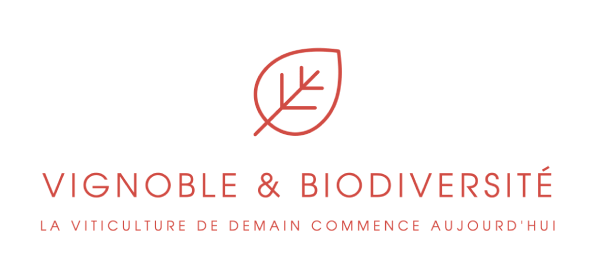Speakers
A multi-disciplinary, multi-cultural team of scientists and practitioners – but above all, experts at the service of viticulture and biodiversity.
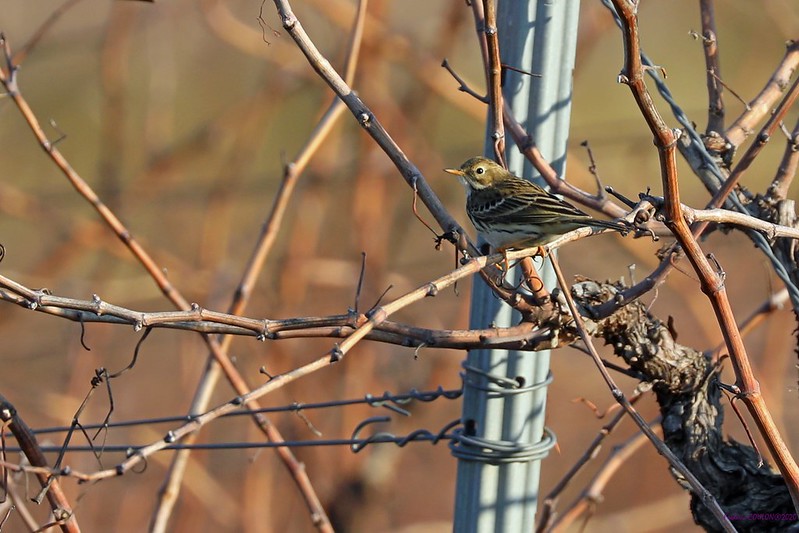
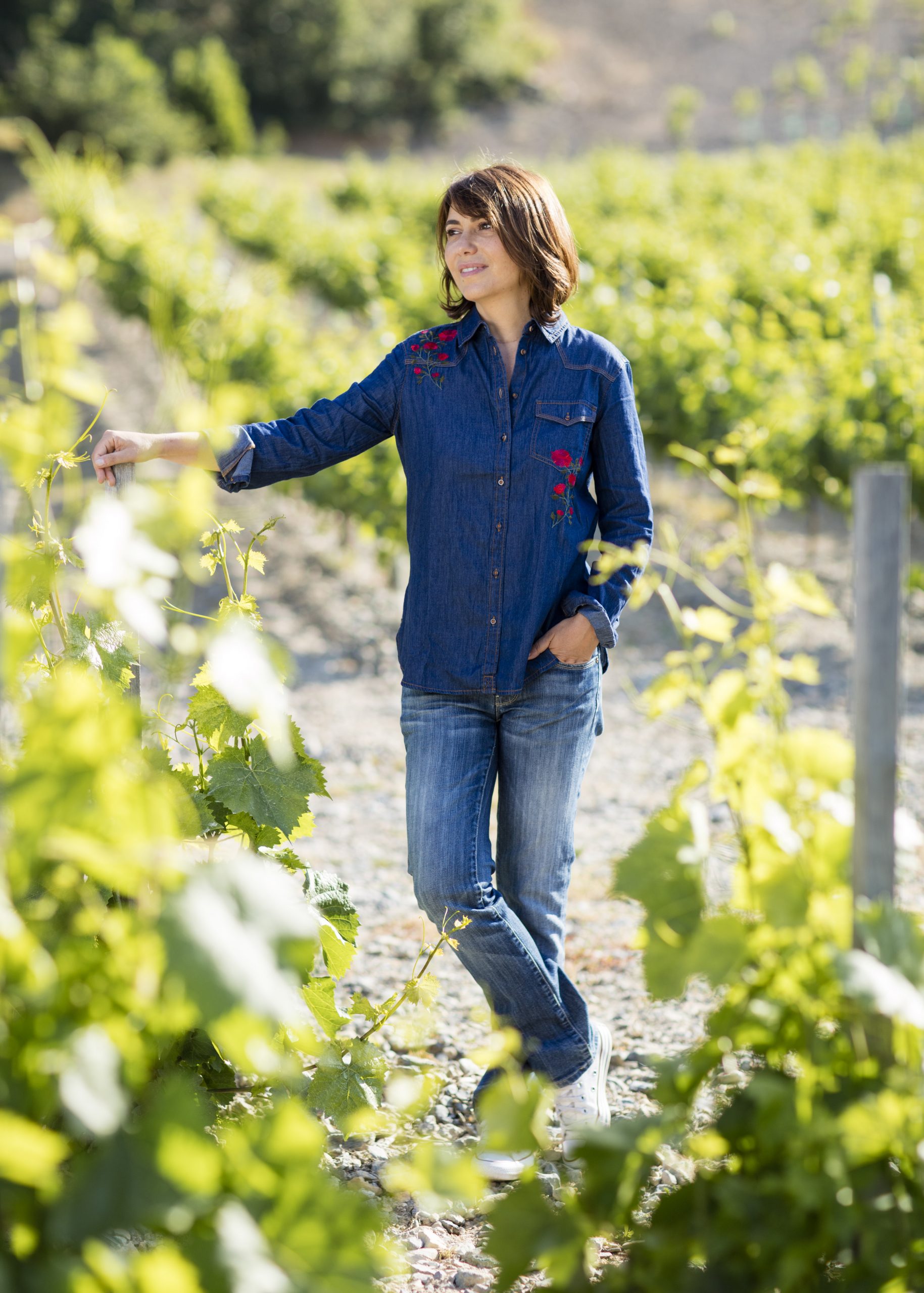
Laetitia ALLEMAND
Winemaker & Journalist
Laetitia Allemand, originally from the Hautes Alpes, grew up on the family estate, the Domaine Allemand in Théüs. At the age of 18, she left the mountains and vineyards to become a journalist and join the TV studios (France 5, France 3, I-télé…).
20 years later, she returns to her origins and since then has been watching over old grape varieties and the preservation of vinodiversity, while travelling the wine world to promote the beauty of terroir.
Facilitator & Time Keeper
January 18th – 19th, 2024
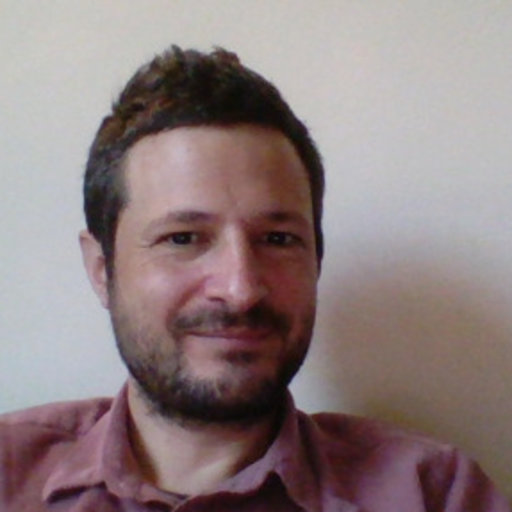
Léo MARIANI
Senior Lecturer, Eco-anthropology
Léo Mariani is an anthropologist, attached to the Museum National d’Histoire Naturelle (Ecoanthropology and Ethnobiology Laboratory (mnhn/cnrs)), and scientific collaborator at the Social and Cultural Anthropology Laboratory at the University of Liège, where he was a research fellow for the Fonds National de la Recherche Scientifique from 2013 to 2016. He was also Senior Research Fellow at the Center for Khmer Studies and Visiting Associate at the National University of Singapore.
His research interests lie at the crossroads of sensory anthropology, the anthropology of food and the anthropology of nature, with a particular focus on tastes and smells, as well as the history of techniques.
Scientific Observer
January 18th – 19th, 2024
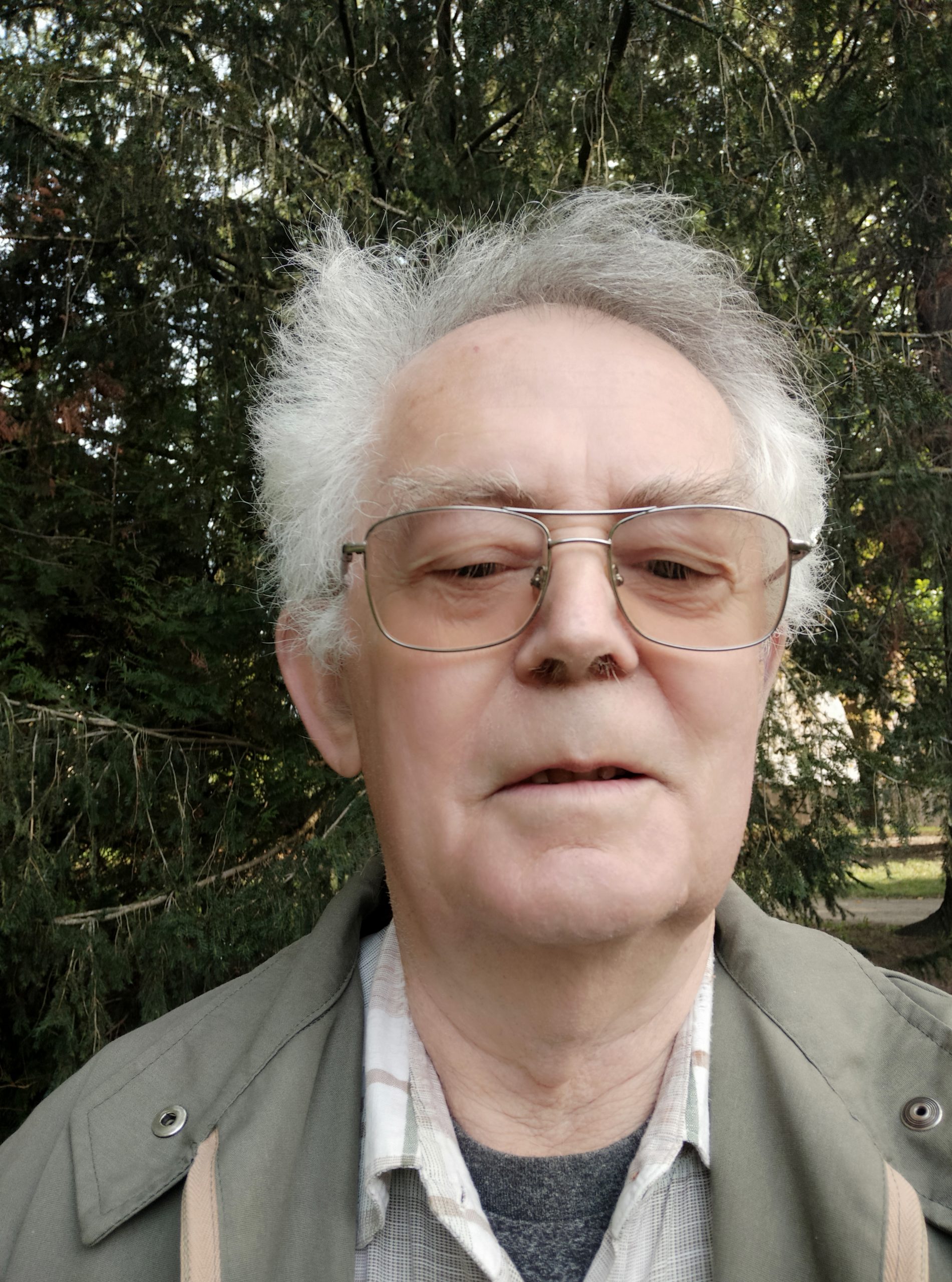
Régis AMBROISE
Agronomist and Urban Planner
Régis Ambroise is an agricultural engineer and urban planner. He has worked for the French Ministry of the Environment, and subsequently for the Ministry of Agriculture, where he was responsible for relations between agriculture and landscape in relation to sustainable development issues. He is a member of the committee responsible for drafting the European Landscape Convention and a founding member of the PAP collective (Paysages de l’Après Pétrole).
A committed and pioneering writer, he is co-author of the following books: “Paysages de Terrasses” (1989), “Agriculteurs et Paysages” (1999), “Paysage et Agriculture, pour le meilleur!” (2015), “Aménager les paysages de l’après pétrole” (2015), “Mosaïques du Paysage” (2023).
Winegrowing landscapes – from before to after oil
Thursday January 18th, 2024 – 9:20 to 10:00
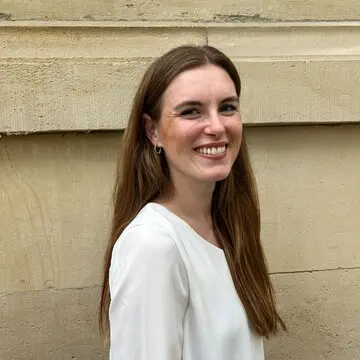
Verena WELLER
Mannheim University
Verena Weller has been a PHD student at the Chair of Medieval History at the University of Mannheim and a Friedrich Ebert Foundation scholarship holder since 2020.
From 2013 to 2019, she studied history and Romance languages at the University of Mannheim, Paris-Sorbonne IV and Umeå and was a research assistant in the DFG project “Microcredit and Market Participation” in 2021.
Medieval viticulture – a history of social and ecological sustainability
Thursday January 18th, 2024 – 10:00 to 10:40
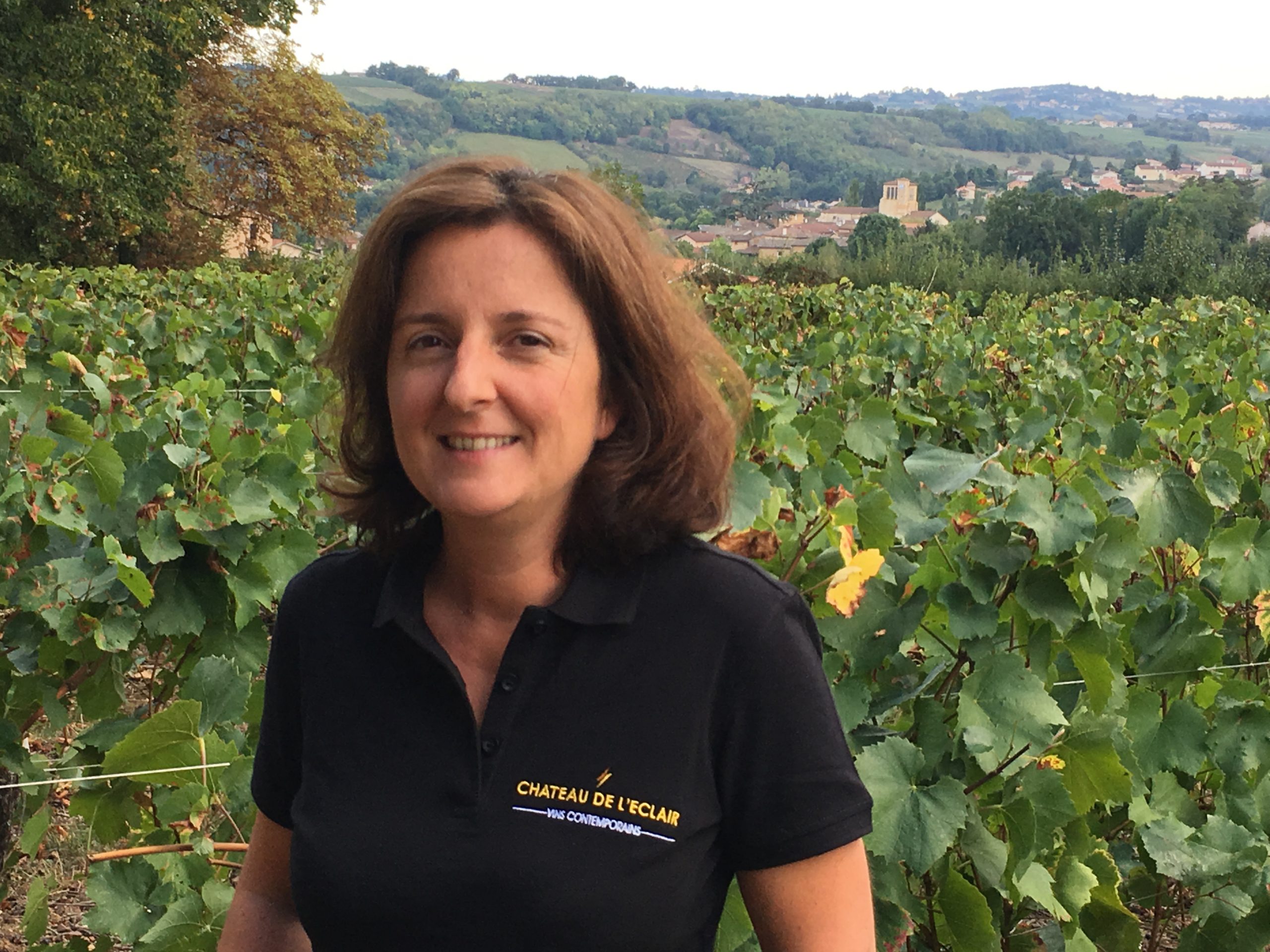
Valérie LEMPEREUR
Oenologist, Director of Development at IFV
Valérie Lempereur trained as an oenology engineer (DNO Bordeaux) and has worked at the IFV since 1999. In 2022, she took up the post of Director of Development at the IFV, and in the same year was elected Chair of the Technology Group at the OIV (a group attached to their Oenology Commission). Highly involved at the INAO, she sits on the environment committee, the national PGI wine committee and the scientific, technical and innovation committee. She has also been in charge of leading the wine industry’s climate change action plan since October 2022.
To keep one foot on the ground, Valérie Lempereur has always been based in the Beaujolais region, where she is an oenologist at Château de l’Eclair, an experimental estate run by Sicarex Beaujolais.
Vitilience project, a network of innovative demonstrators to improve the climate resilience of French vineyards
Thursday January 18th, 2024 – 11:00 to 11:30
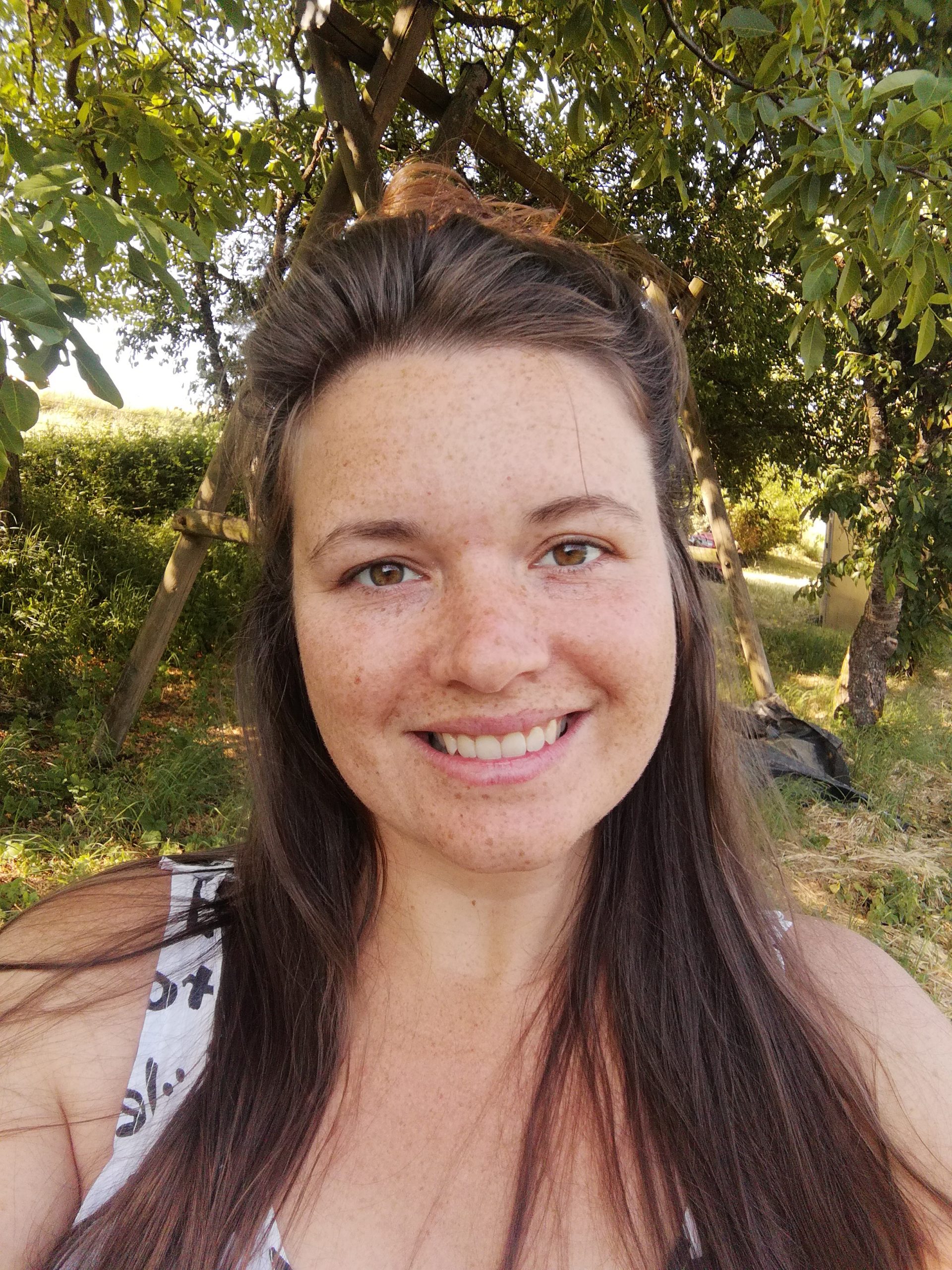
Eglantine THIERY
Agronomist
After studying to become an agricultural engineer, with a major in ‘Livestock and Production Systems’, at VetAgro Sup (Clermont-Ferrand) from 2013 to 2016, she began a PhD in Environmental Management and Agronomy at the University of Clermont-Auvergne from 2016 to 2019, co-supervised by AgroSup Dijon, VetAgro Sup and the Herbivores Joint Research Unit (INRA), with a focus on the contribution of mixed crop-livestock systems to the agro-ecological transition: A modelling approach to cooperation between farms in the Bourgogne-Franche-Comté and Rhône-Alpes regions.
From 2020 to 2023, she was in charge of zootechnical expertise, then project management (for future farmers) for the start-up Fermes en Vie (a support structure for setting up diversified organic farms).
Currently a farm worker, she is aiming to set up a collective on a mixed farming/poly-breeding farm, with organic farm processing.
The benefits of complementing animal and plant production on one or more farms
Thursday January 18th, 2024 – 11:30 to 12:10
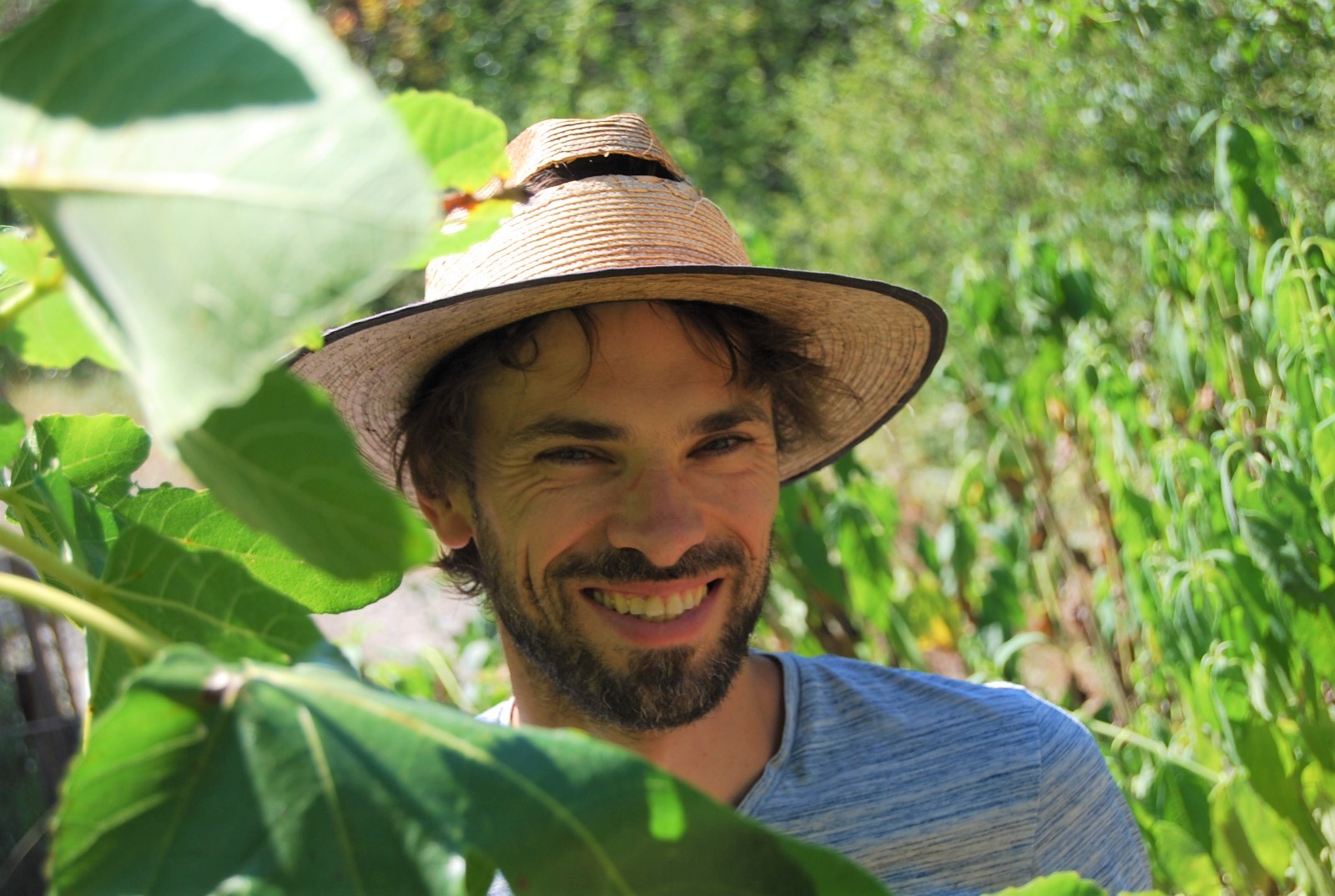
Simon RICARD
Master in Science and Executive Engineering
Simon Ricard is a consultant, trainer and lecturer at PermaLab, a consultancy specialising in regenerative agriculture and hydrology.
A mining engineer by training, he has spent several years training in Keyline Design, among other techniques, with French and international specialists in France and Latin America, where he has had a number of experiences, notably at Rancho San Ricardo, a farm that is emblematic of these approaches.
He created and promotes the concept of regenerative hydrology to popularise in France all these simple but little-known approaches to water management on a landscape and agricultural scale, and also to promote the vision of massive regeneration of water cycles as a solution to the consequences of global warming and a number of water-related crises.
Regenerative Hydrology – Cultivating water resilience in wine-growing ecosystems and landscapes
Thursday January 18th, 2024 – 14:20 to 15:00
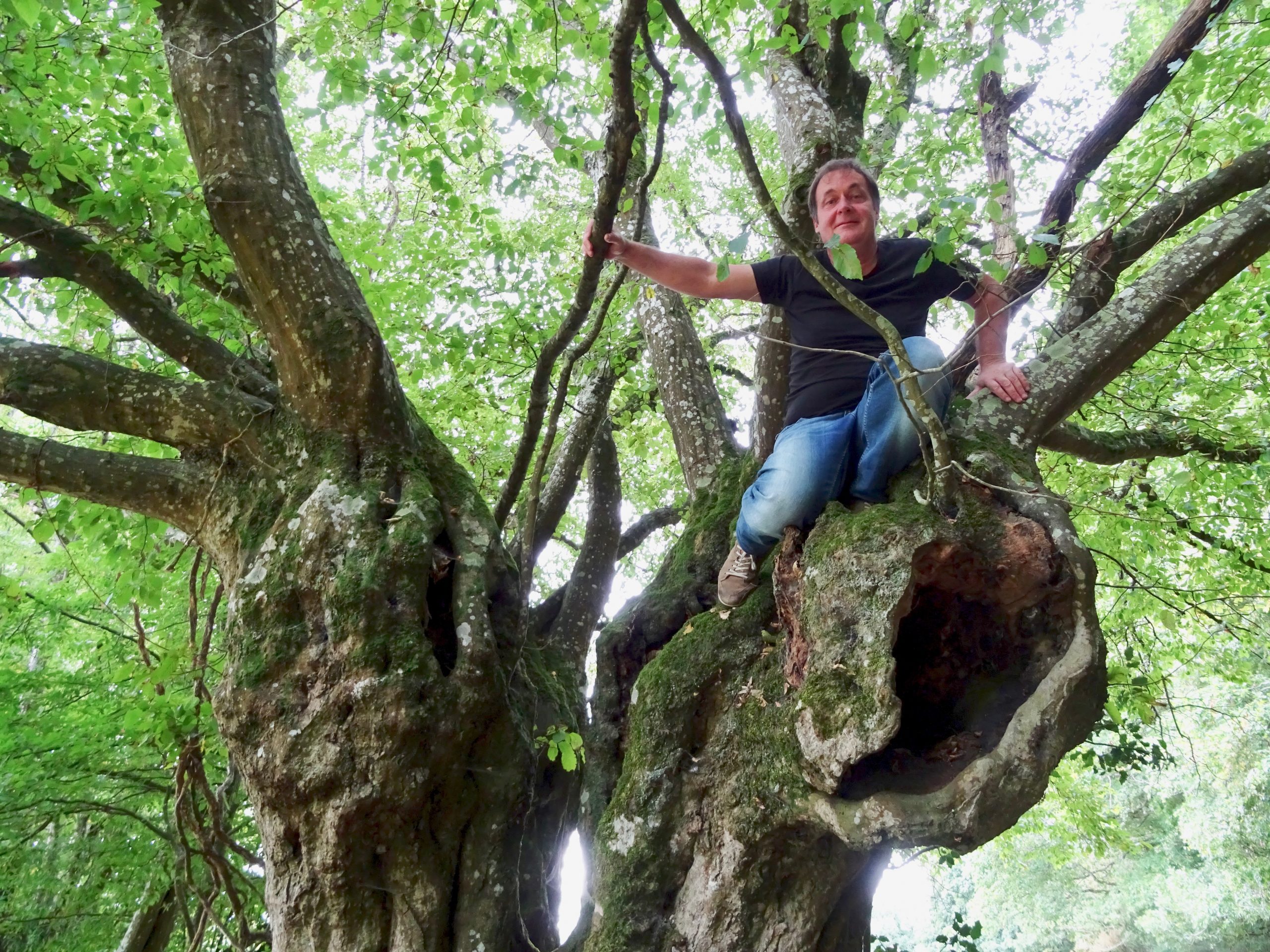
Alain CANET
Agronomist and Agroforester
Head of expertise and training at Arbre et Paysage 32, Vice-Chairman of Carbone Fertile (Centre National d’Agroécologie), founding member of the French and European agroforestry networks, he is also a trainer with Ver de Terre Production and La Belle Vigne, publisher with Actes Sud (Arbres en campagne) and a lecturer. Born and raised in the countryside under apple trees, he has been an advocate, promoter and ambassador of living soils, regenerative agriculture and country trees for 30 years.
For 20 years, Alain Canet has been developing a consultancy, support and technical assistance structure specialising in viticulture, together with Konrad Schreiber, Marceau Bourdarias, Hervé Covès and Marc-André Selosse.
His mantra: Agroforestry as heritage, agroecology as learning and sharing
Trees and Civilisation, the companions of humification
Thursday January 18th, 2024 – 15:00 to 15:40

Delphine SUZOR
Botanist
After obtaining a Master’s degree in Natural Sciences from the University of Lyon 1-La Doua, Delphine Suzor was introduced to field botany by Gérard Ducerf between 1996 and 2000. She has also been trained to lead environmental education activities, as well as nature and botany outings for the general public.
For more than twenty years, in parallel with her various professional activities, Delphine has been leading botanical discovery trips for the general public every year. She specializes in passing on knowledge about edible and medicinal wild plants.
For the last two years, she and her partner Lionel Jager have been working for Promonature, providing training in the method of soil health diagnosis using bio-indicator plants developed by Gérard Ducerf.
Bio-indicator plants: wild flora revealing the health of the soil, the vine and biodiversity
Thursday January 18th, 2024 – 16:00 to 16:40
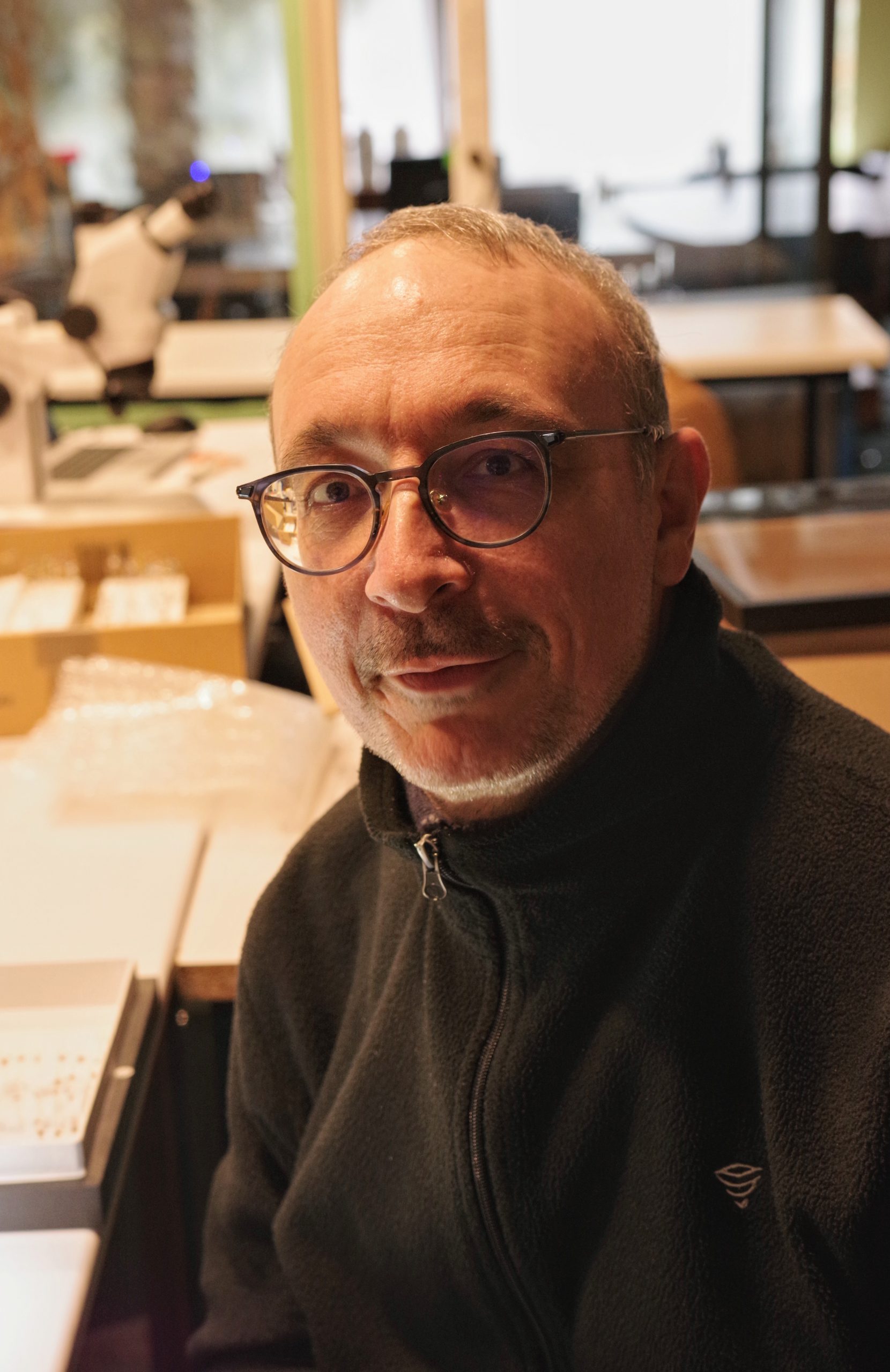
Serge GADOUM
Entomologist, Ecological engineer
Serge Gadoum is an entomologist and ecologist at the Office for Insects and their Environment (Opie).
A specialist in pollinating insects, he drafted and led the national action plan for France Terre de pollinisateurs 2016-2020. He has been in charge of wildlife and flora at the Vexin français Regional Nature Park and is a member of the Île-de-France Regional Scientific Council on Natural Heritage.
Insect conservation for the winegrowing system
Thursday January 18th, 2024 – 16:40 to 17:20
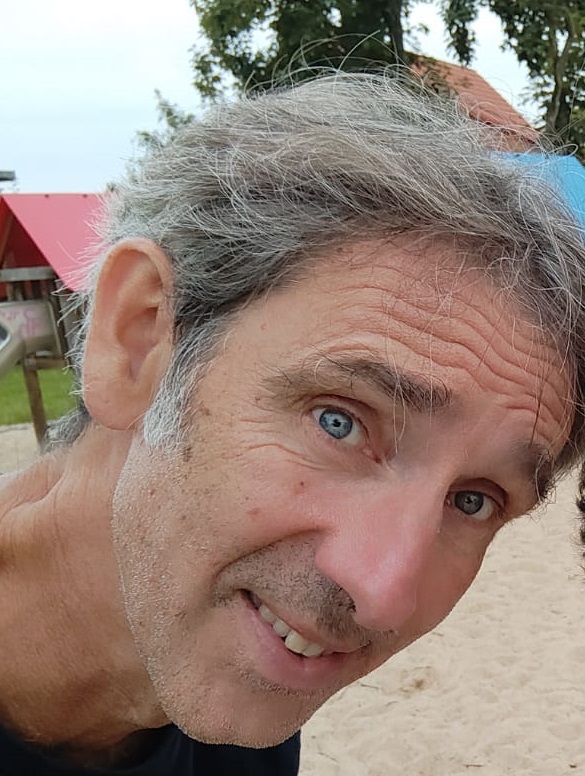
Prof. Dr. Armin BISCHOFF
Avignon University, Mediterranean Institute of Biodiversity and Ecology IMBE
After studying Biology at the University of Hannover (Germany), a PhD in Natural Sciences at the Institute of Geobotany at the University of Halle (Germany) and a Habilitation to Supervise Research (HDR) at the University of Angers, Armin Bischoff has been a professor at the University of Avignon, UMR IMBE (Mediterranean Institute of Biodiversity and Ecology) since 2013.
His research projects include the ecology of plant populations and communities, applied to ecological restoration, with a focus on ecology, pedology and soil-plant interactions, agronomy and ecological restoration.
Outside research and teaching, he has also worked for consultancy firms (ecological consulting) and organic farming associations (consulting, coordination, agricultural policy).
Restoring functional biodiversity in wine-growing agro-ecosystems
Friday January 19th, 2024 – 09:20 to 10:00
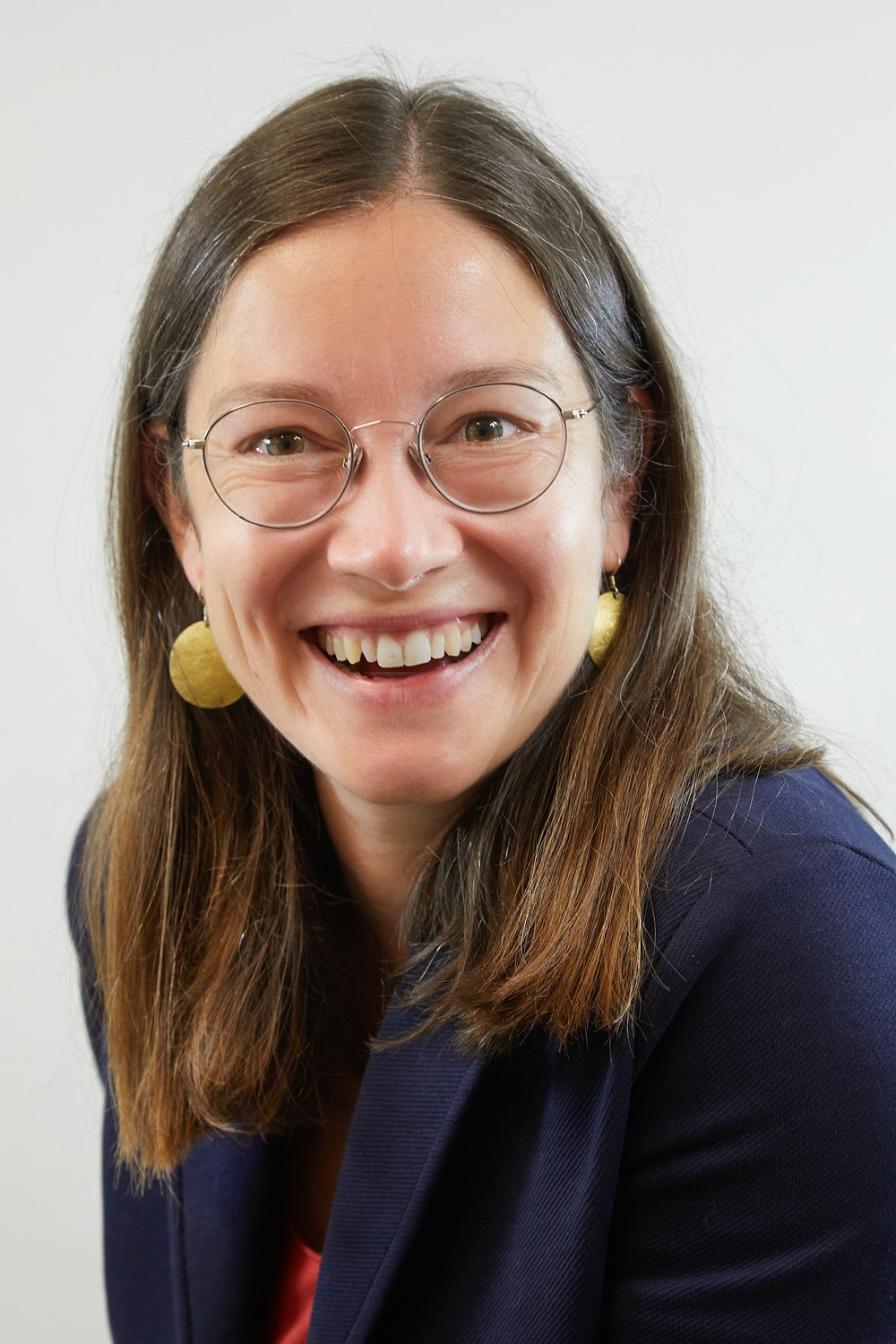
Dr. Johanna DÖRING
Geisenheim University, Institute of General and Ecological Viticulture
Dr. Johanna Döring is a researcher at Hochschule Geisenheim University (Germany), involved in research on organic and biodynamic viticulture.
She studied viticulture and enology in Geisenheim, Germany, worked in Italy as an enologist, and holds a PhD in agricultural sciences at Justus Liebig University Giessen, Germany.
She published several peer-reviewed articles about the effects of organic and biodynamic viticulture on biodiversity, plant growth, yield, and winegrape quality. The long-term trial comparing integrated, organic and biodynamic viticulture at Hochschule Geisenheim University is at the core of her research activities. Beyond that her research is focused on leaf area development of grapevines and on plant physiology including embolism formation under water stress.
Together with a colleague she runs a small winery in Geisenheim producing organic Riesling.
The effects of different viticultural practices (conventional, organic, biody) on soil quality, plant morphology and wine quality
Friday January 19th, 2024 – 10:00 to 10:40

Marc BIREBENT
Worldwide Vineyards
In his book “La preuve par la greffe” (Proof through grafting), Lucien Daniel expressed his dismay in 1908: “What is more astonishing, in my opinion,… is that even today, there are people who are not concerned enough about the general interests of viticulture to prevent the truth from coming to light, instead of provoking and encouraging research on this crucial point”. These words from the great botanist sum up a career devoted to grafting.
For Marc Birebent, grafting may be the winegrower’s best ally, but it is also the gravedigger of the vine. A specialist in grafting, T-Bud and Chip-Bud grafting, his knowledge of soils, terroirs, climates, grape varieties and rootstocks make him a leading specialist. He and his team work in vineyards all over the world.
The miracle of grafting
Friday January 19th, 2024 – 11:00 to 11:40
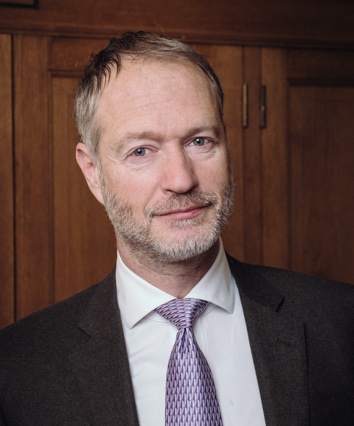
Prof. Marc-André SELOSSE
MNHN, Institute of Systematics, Evolution and Biodiversity
Prof. Marc-André Selosse is a professor at the Muséum National d’Histoire Naturelle in Paris and at the universities of Gdansk (Poland) and Kunming (China). His research focuses on the ecology and evolution of mutually beneficial associations (symbioses). A mycologist and botanist, he works in particular on mycorrhizal symbioses, which link soil fungi to plant roots.
President of BioGée, a member of the Académie d’Agriculture de France and the Institut Universitaire de France, he is the editor of four international scientific journals and the popularisation journal Espèce. He has published more than 210 research articles and 250 popular articles, which can be downloaded from his website, and around a hundred videos of various kinds are available on YouTube.
He has published books for the general public on microbiota (Jamais seul, 2017), tannins (Les goûts et les couleurs du monde, 2019) and soil (L’origine du Monde, 2021), as well as his chronicles broadcast on France-Inter (Petites histoires naturelles, 2021), published by Actes Sud. He has co-authored a comic strip on soil with Mathieu Burniat (Sous Terre, 2021, Dargaud).
Marc-André Selosse was awarded the Homme-Nature prize by the Sommer 2020 Foundation.
Vines and fungi – from allies to pathogens
Friday January 19th, 2024 – 11:40 to 12:20

Jean-François AGUT
Farm of Jean-François Agut
Jean-François Agut is a farmer and winegrower in the Gers. Faced with the accelerating loss of organic matter from soils and the decline in their fertility, he decided to go against what he had been taught and turned to agroforestry and agroecology.
Also a trainer and speaker, he shares his experience with winegrowers and farmers alike.
Afternoon case study – How to move your estate towards biodiversity-based viticulture
Friday January 19th, 2024 – 14:30 to 17:00
Tickets
Feeling inspired by this fabulous program? You’re right! Come and join the discussion.
